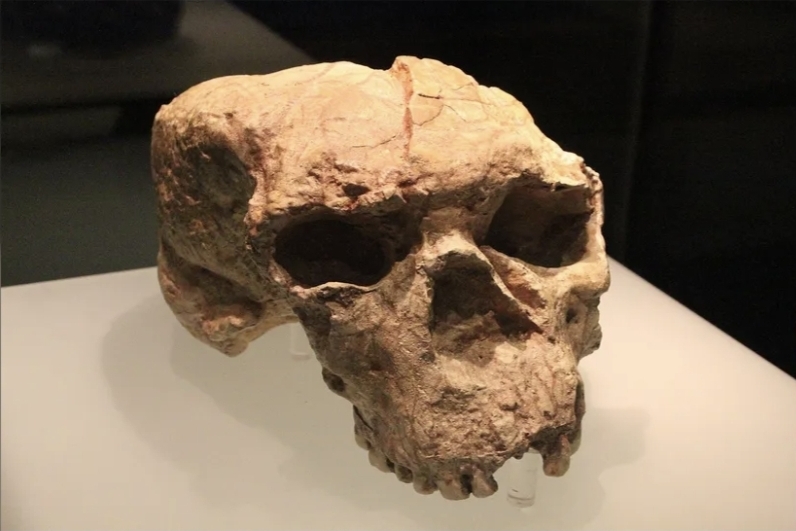A groundbreaking discovery in Hubei, China, is making waves in the world of anthropology and philosophy. Scientists have digitally reconstructed the Yunxian 2 skull, which was originally found in 1990. This ancient human fossil is now dated at between 940,000 and 1.1 million years old, shedding new light on the story of our evolution.

Rewriting Human History
The Yunxian 2 skull challenges many established theories about early human migration and development in Asia. Its age positions it among the oldest known human fossils in the region. This finding forces researchers to re-examine timelines and connections between ancient populations.
Philosophical Implications
The implications are not just scientific. This fossil hints at the complexity of early human societies and raises new philosophical questions about what it means to be human. Each discovery like this one helps us piece together the puzzle of our origins, fueling both scholarly debate and public curiosity.
Sources:
Source